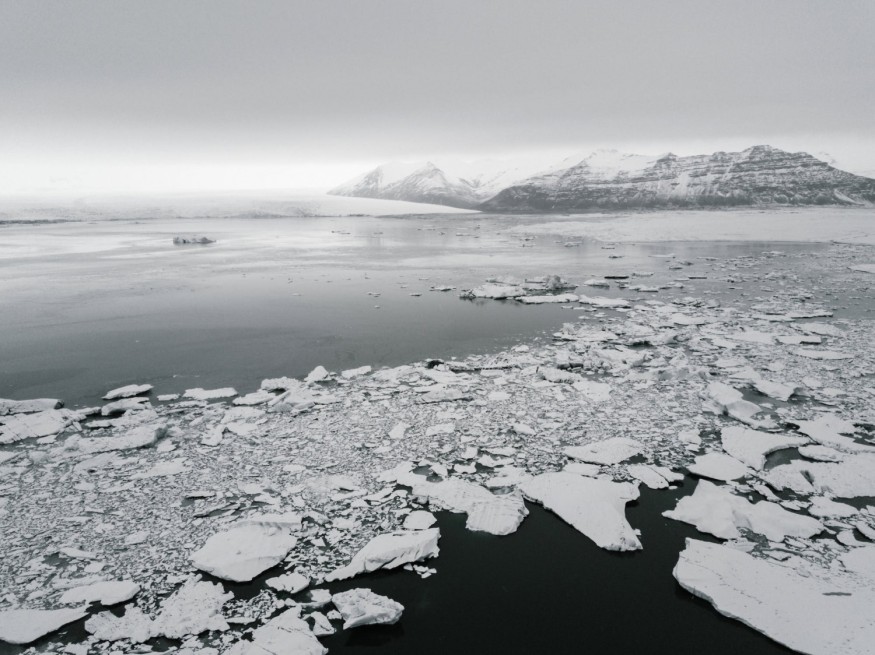
Antarctica, the most remote continent in the world, is not isolated from the effects of climate change, which have altered the landscape of every continent.
A new study published in the journal Frontiers in Environmental Science recently highlighted Antarctica's climate change challenges.
The study, which was co-authored by experts from the University of Exeter, the British Antarctic Survey, the University of Johannesburg, and others, concluded that it is "virtually certain that future Antarctic extreme events will be more pronounced than those observed to date" unless climate change is addressed.
The study revealed that climate change extremes are worsening in an area that had previously appeared to be somewhat protected from the wildness of global warming.
They claim that the continent "is not a static giant frozen in time," but rather experiences climate change's wrath and extremes "sporadically and unpredictably."
Melting sea ice
According to Anna Hogg, a co-author on the paper and professor at the University of Leeds, their analysis demonstrates intricate and linked changes between the ice, ocean, and air.
One of the most pressing challenges in Antarctica is the rapid melting of its ice. It was recently announced that Antarctic ice sheets are melting three times faster than they were 30 years ago.
"The four lowest annual minimum sea ice extents of the satellite era have occurred since, with both 2022 and 2023 setting new records," according to the report.
One western glacier is melting at such a rapid rate that experts have dubbed it the Doomsday Glacier.
Scientist warned that the glacier could shatter within the next five to 10 years.
"A changing Antarctica is bad news for our planet," says Martin Siegert, a glaciologist, professor of geosciences at University of Exeter and lead author on the paper.
If the current trend continues, coastlines will vanish and global warming will accelerate due to the loss of sunlight-reflecting ice. Scientists have always been concerned about this, and they are considerably more concerned now.
Heat waves
While Antarctica is traditionally associated with extreme cold, the continent's rising temperatures remain the overall issue.
According to the study, there is clear evidence that the temperature in Antarctica is rising.
According to the study, the most extreme heat wave ever seen globally "occurred over East Antarctica in March 2022, when surface temperature anomalies of up to [101.3 degrees Fahrenheit] were observed."
The highest-ever temperature recorded on the Antarctic mainland was 64.9 degrees Fahrenheit in February 2020.
Siegert emphasized that as the heat waves continue, Antarctica may transition from being the planet's refrigerator to the planet's radiator, as melting ice reduces Antarctica's ability to reflect sunlight.
When ice is replaced by dark sea water "that reflecting ability is reduced, and the Earth absorbs that heat," he said in an interview.
According to Waleed Abdalati, an environmental expert at the University of Colorado, catastrophic events are one thing, he argues, but when they are overlaid on a trend - a trend of global warming that heightens those catastrophic events - that is cause for alarm.
Related Article : Climate Change May be Responsible for Rapid Growth of Antarctica's Two Flowering Plants
Related Video:
© 2025 NatureWorldNews.com All rights reserved. Do not reproduce without permission.





